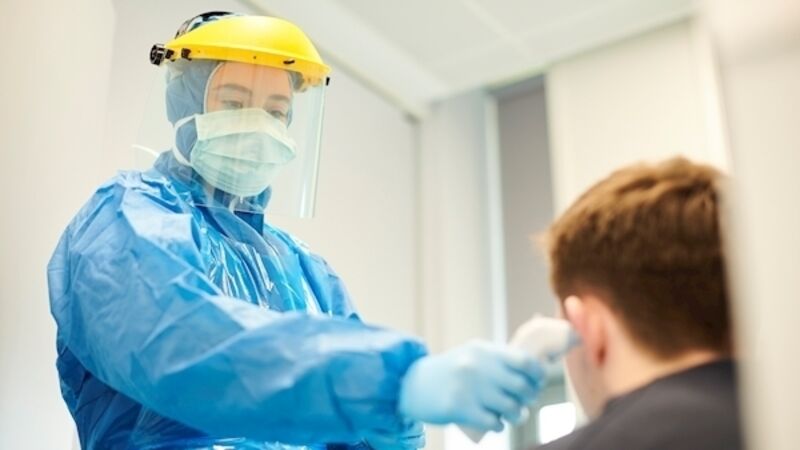Coronavirus: Warnings from consumer watchdog to people buying PPE online

The consumer watchdog has issued a warning over buying personal protective equipment (PPE) online following concerns some of the products are not the required standard.
The Competition & Consumer Protection Commission (CCPC) is advising caution for online shoppers amid fears they could be duped by dubious claims on some websites selling the likes of hand sanitiser, face masks and gloves.













